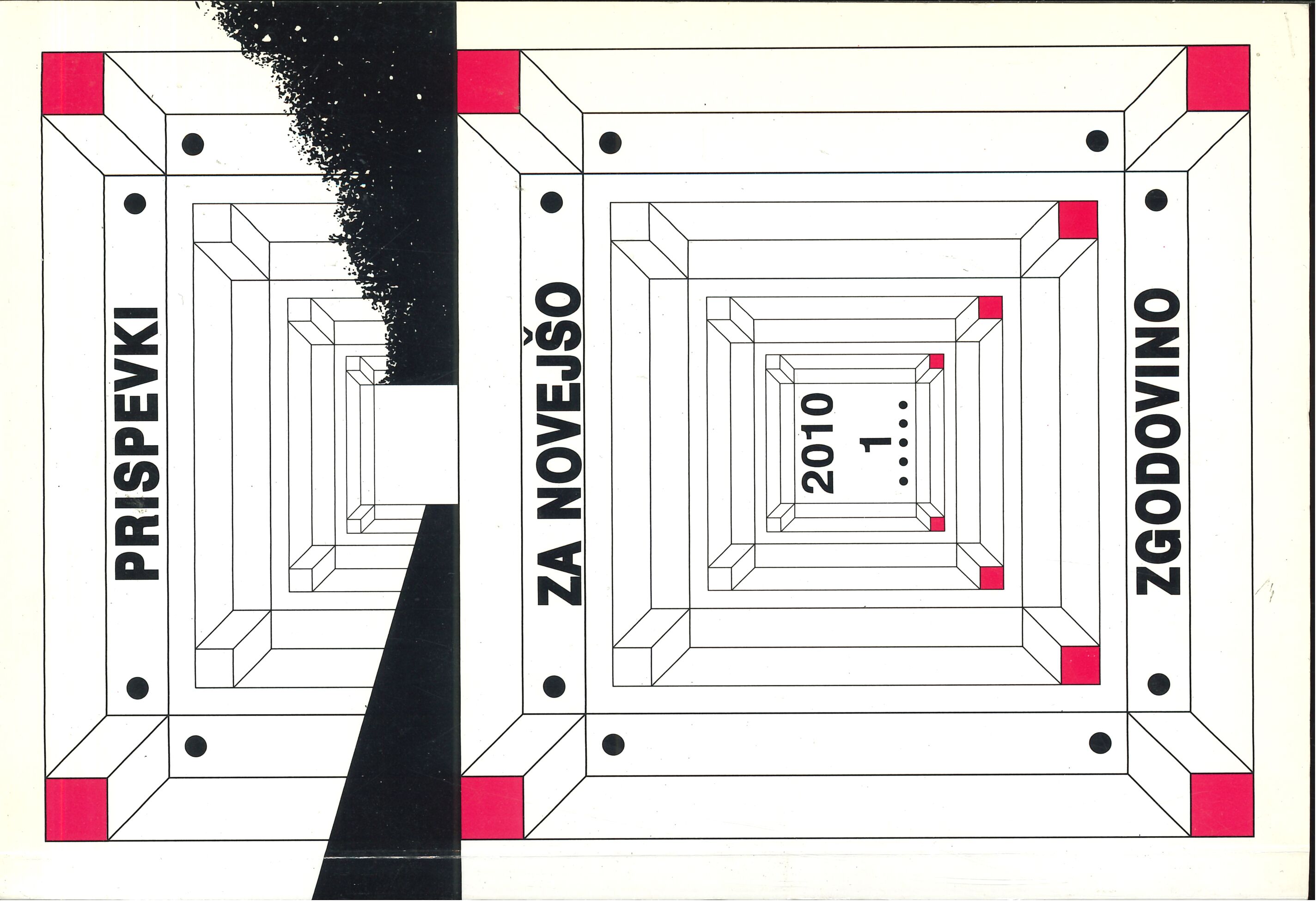"Korošec flogging the Railway Workers"
Minister of Transport Anton Korošec and the 1920 Railway Strike
Keywords:
Kingdom of SHS, Slovenia, strikes, Anton Korošec, railway workers, labor movement, communistsAbstract
In the following discussion the author focuses on the role of Anton Korošec in the railway strike of April 1920, when as a Head of the Slovenian People's Party he was the Minister of Transport in Stojan Protić's government. After the government of the Kingdom of SHS abolished the collective labour agreement for transport workers, in April 1920 transport all over the state was brought to a halt by a railway strike. The workers on strike were joined by the communists, who saw the mobilisation of the workers as a strong political potential. In the years after the establishment of the Kingdom, the communists represented an influential political factor. In November of the same year, after the Constituent Assembly elections, they became the third most powerful party in the country. On 24 April the strike on the streets of Ljubljana transcended any democratic norms. After the police and military intervention, 13 workers died on the Zaloška cesta street. A few days before that, at the assembly of the Slovenian People's Party confidants in Ljubljana, Korošec had cautioned against the danger of the communist movement, while during the strike he refused to communicate with the railway representatives, claiming that the strike was illegal - that is, unannounced.
Downloads
Published
Issue
Section
License
Authors who publish with this journal agree to the following terms:
- Authors retain copyright and grant the journal right of first publication with the work simultaneously licensed under a Creative Commons Attribution License that allows others to share the work with an acknowledgement of the work's authorship and initial publication in this journal.
- Authors are able to enter into separate, additional contractual arrangements for the non-exclusive distribution of the journal's published version of the work (e.g., post it to an institutional repository or publish it in a book), with an acknowledgement of its initial publication in this journal.
- Authors are permitted and encouraged to post their work online (e.g., in institutional repositories or on their website) prior to and during the submission process, as it can lead to productive exchanges, as well as earlier and greater citation of published work (See The Effect of Open Access).


